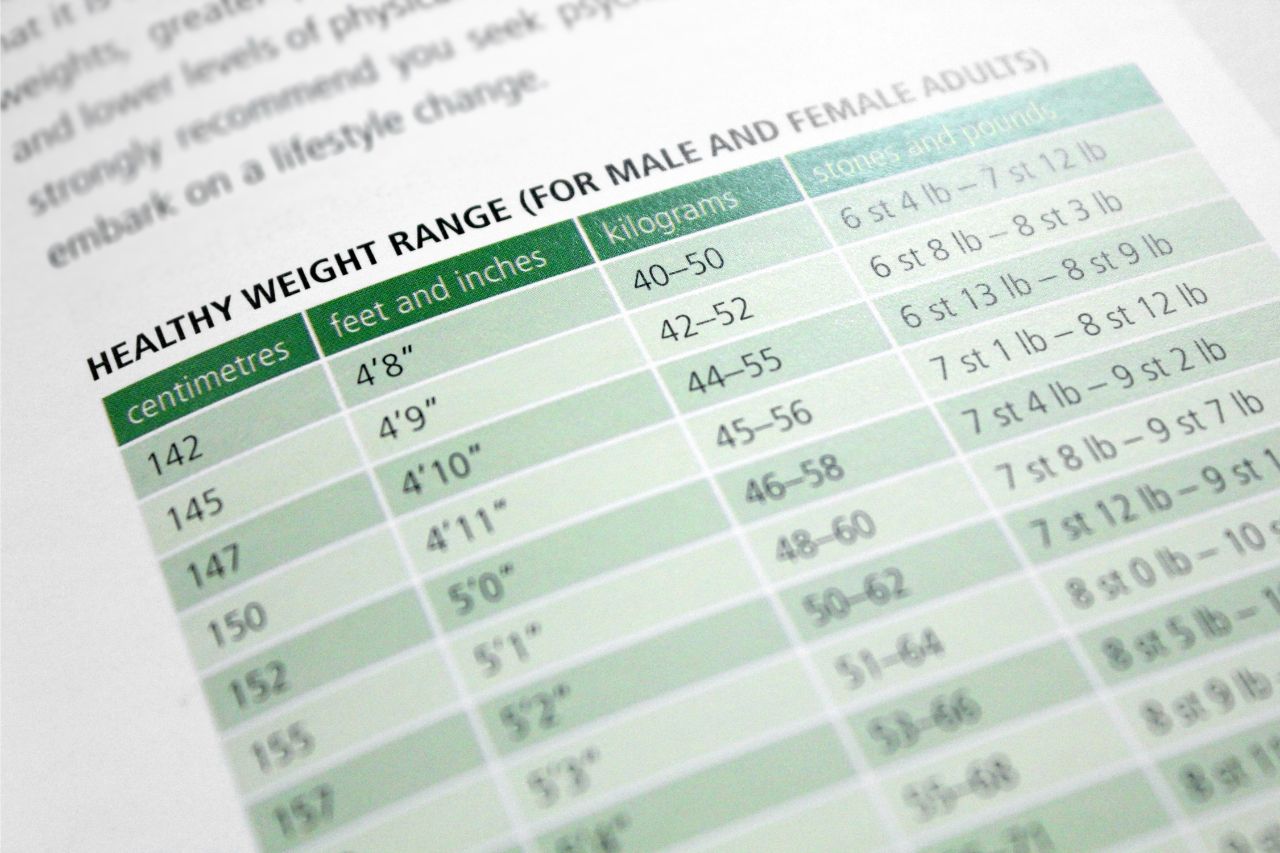What are the ways to prevent hypertension?
- Reduce sodium intake
- Maintain a healthy weight
- Limit alcohol intake
- Quit smoking
- Manage stress level
- Exercise regularly
- Monitor your blood pressure and visit your doctor regularly
An estimated 26% of people worldwide have hypertension. In the Philippines, 21% of adults have hypertension. However, according to WHO, about 46% of adults with hypertension are unaware they have the condition because it does not present warning symptoms. Hypertension, also known as high blood pressure, increases your risk of developing major diseases such as stroke, kidney disease, and heart disease. The good news, there are several ways to prevent hypertension.
There are two numbers in a blood pressure reading: the systolic (upper) number measures how much pressure is exerted on the arteries when the heart beats, while the diastolic (lower) number measures how much pressure is exerted when the heart rests between beats. A person has hypertension when he or she has a blood pressure reading of 130/80 mmHg or higher.
Your lifestyle plays a major role in preventing hypertension and decreasing your risk of high blood pressure-related diseases in the long run. Develop the following habits to ensure you stay healthy:
Reduce Sodium Intake
Eating too much salt makes it harder for the kidneys to remove fluid in the body. This narrows and stiffens blood vessels, which makes the heart work harder and increases blood pressure. A reduction in your sodium intake can help you prevent hypertension.
The recommended daily sodium intake for most adults is less than 2,300 mg. To decrease sodium in your diet, try eating less processed food. Most processed food has high levels of sodium. Choose low-sodium alternations. You can try adding herbs and spices to add flavor to your food instead of salt.
Maintain A Healthy Weight

Studies show that being overweight or obese increases the risk of developing hypertension. Blood pressure typically increases as weight increases. Make sure to maintain a healthy weight according to your height and age.
A good way to check if you have a healthy weight is to calculate your BMI. Keep in mind that a BMI of 25 to 29.9 is considered overweight, while a BMI of 30 and above is considered obese. If you fall under these categories, try to lose a few pounds to prevent hypertension and other health problems. You can reduce about 1mmHg of blood pressure with each kilo of weight you lose.
Limit Alcohol Intake
Drinking alcohol in moderation can be good for your health. However, drinking more than the recommended amount can raise blood pressure levels and even decrease the effectiveness of blood pressure drugs.
It is recommended that women should limit alcohol intake to 1 drink a day, while men should limit alcohol intake to 2 drinks. 1 drink equates to 5 ounces of wine, 12 ounces of beer, or 1.5 ounces of hard liquor. By limiting alcohol intake to the recommended amounts, you can reduce your blood pressure by approximately 4mmHg.
Quit Smoking

The nicotine in tobacco causes the blood vessels to narrow, which causes hypertension. If you do not smoke, never start if you want to prevent hypertension. If you do, quitting can lower your risk of developing heart diseases and improve your overall health. Ask your doctor for recommendations on quitting smoking.
Manage Stress Levels
Chronic stress can contribute to developing hypertension because it drives unhealthy food habits, drinking alcohol, and smoking. While it can be challenging to eliminate stress, there are a few ways to manage it.
Take some time to identify your stress triggers and try to avoid these. You can also try relaxing activities such as listening to music, meditating, doing yoga, or doing hobbies that you enjoy.
Exercise Regularly

Exercise has numerous benefits for the body, including preventing hypertension. This is because exercise strengthens the heart, makes the heart pump blood more effectively, lowers stress levels, and cuts down weight.
Moderately exercising for about 150 minutes or vigorously exercising for about 75 minutes every week can reduce high blood pressure. Examples of moderate exercise include brisk walking, biking, rollerblading, dancing and hiking. For vigorous exercises, you can try running, swimming, skipping, aerobics, gymnastics, and martial arts.
Monitor Your Blood Pressure and Visit Your Doctor Regularly
Monitoring your blood pressure is crucial in determining if you have hypertension, if your lifestyle changes are working, and if you have other potential health problems due to hypertension. Keep in mind that hypertension is commonly an asymptomatic condition. Talk to your doctor about blood pressure home monitoring before getting started.
Regularly visiting your doctor can also help you in managing your blood pressure. Your doctor may recommend blood pressure control medications and other treatments to ensure you stay healthy.
Key Takeaway
In this article, we’ve rounded up the ways to prevent hypertension. Adopting lifestyle changes can drastically improve your health. If you already have high blood pressure, it is important to keep it from getting worse as it can lead to developing other diseases such as stroke, heart disease, and kidney disease.
At Perpetual Health Medical Center – Las Pinas, we offer quick, painless, and accurate blood pressure testing. Seek the help of medical professionals from PHMC to manage your hypertension and avoid further health problems. For more inquiries about our health services or to book an appointment, click here to contact PHMC.

